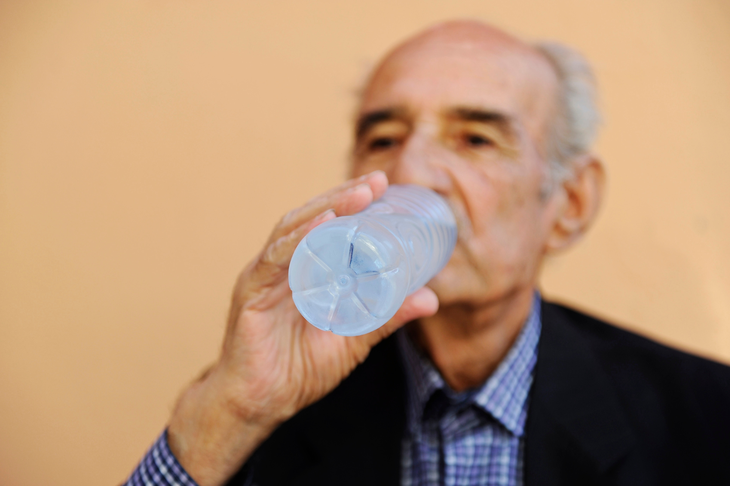
Elderly people who do not drink enough water will have a significant impact on their health - Illustration photo
Why are the elderly less thirsty and how should they drink water, how much is enough, and what type of water is suitable?
Why are elderly people less thirsty?
According to Dr. Tran Nguyen Quynh Loan - Center for Nutrition Education and Communication, National Institute of Nutrition, water content varies from individual to individual with many factors including age, gender, body composition and various medical conditions.
Body water content changes slowly throughout life, is highest in infants and children, and decreases with age. The body of an older person is about 50-60% water.
"In the elderly, dysfunction of the central nervous system's thirst control mechanisms (also known as hypothirstiness), the ability to self-regulate water balance gradually declines with age due to decreased kidney function, loss of muscle mass and chronic diseases affecting fluid metabolism in the body.
Dehydration is common in older adults, either due to inadequate fluid intake or excessive fluid loss. Notably, dehydration due to poor food intake is a common and chronic health condition in seemingly healthy older adults.
In particular, the feeling of thirst - a natural defense mechanism that helps the body recognize its needs - also decreases significantly with age. This causes many elderly people to not have the reflex to drink water regularly, even though the body's needs do not decrease.
Forgetting to drink water, or drinking too little during the day, can cause the body to be dehydrated for a long time without proper attention," Dr. Loan explained clearly.
The effects of water shortage on health
According to this expert, unlike hunger, dehydration is often not obvious, especially in the elderly. However, if this condition persists, even if it is mild, it can aggravate many health problems that the elderly are already susceptible to.
Elderly people who are dehydrated often suffer from prolonged constipation, a feeling of fullness and indigestion after eating. Many people experience dizziness and postural hypotension when standing up suddenly, increasing the risk of falling.
Oliguria and dark urine are also common and can lead to urinary tract infections. Some people experience unexplained fatigue, poor concentration, and even mild confusion without thinking that dehydration is the cause.
In addition, dry skin, reduced resistance, and slow wound healing are other silent signs.
In addition, the ability to regulate body temperature is reduced when the body is dehydrated, which is especially dangerous on hot days or when the elderly have fever, diarrhea, or use diuretics or antihypertensive drugs for a long time.
How much water is enough and what is the right way to drink?
The National Institute of Nutrition recommends that the elderly should supplement about 1.6 - 2 liters of water/day, and divide evenly throughout the day.
However, this amount of water does not only come from filtered water, but also includes broth, soup, fruit juice, etc. In addition, milk is also a necessary source of water for the body, especially for the elderly. Milk is a product with high biological value that helps provide protein, calcium, vitamins and some other minerals to help prevent osteoporosis.
Therefore, for those who are not used to drinking a lot of water, they can flexibly combine different types of water in their daily diet to get the required amount.
Some types of water that should be prioritized include filtered water, warm water, vegetable soup, and boiled vegetable water. On the contrary, strong tea, coffee, carbonated drinks, and alcohol should be limited because they can cause diuresis, insomnia, or affect blood pressure and nerves.
Elderly people should maintain the habit of drinking water in small, regular sips of about 150-200ml (1 cup of water) every 2-3 hours, instead of waiting until thirsty to drink. They should prioritize drinking more during the day, and limit drinking late at night to avoid nocturia, which disrupts sleep.
Maintaining the habit of drinking a glass of warm water after waking up and before bathing also brings good health benefits.
Having a water bottle ready in a visible, easy-to-reach place also helps remind yourself and your family members to form the habit of drinking enough water every day - especially on hot days, after exercise or when there are signs of dehydration such as fever or diarrhea.
Source: https://tuoitre.vn/thoi-quen-uong-it-nuoc-anh-huong-the-nao-den-suc-khoe-dac-biet-o-nguoi-cao-tuoi-20250917203032074.htm


![[Photo] Students of Binh Minh Primary School enjoy the full moon festival, receiving the joys of childhood](https://vphoto.vietnam.vn/thumb/1200x675/vietnam/resource/IMAGE/2025/10/3/8cf8abef22fe4471be400a818912cb85)
![[Photo] Prime Minister Pham Minh Chinh chairs meeting to deploy overcoming consequences of storm No. 10](https://vphoto.vietnam.vn/thumb/1200x675/vietnam/resource/IMAGE/2025/10/3/544f420dcc844463898fcbef46247d16)












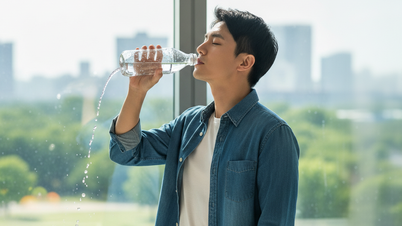

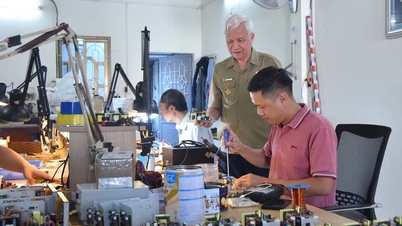


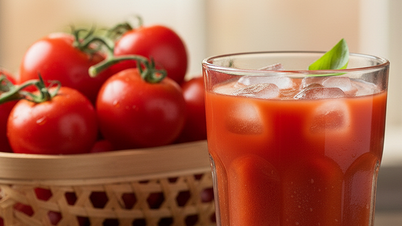
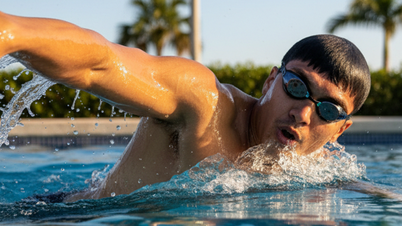
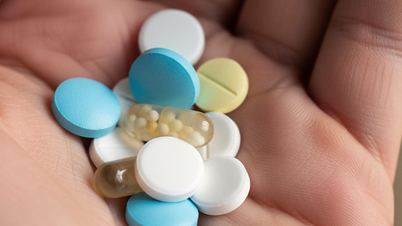


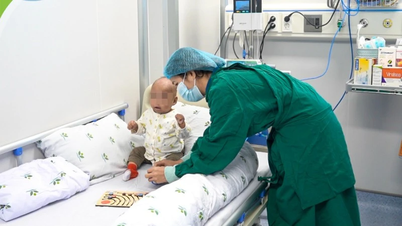







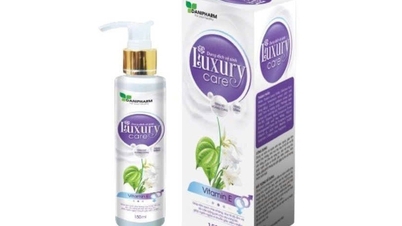























































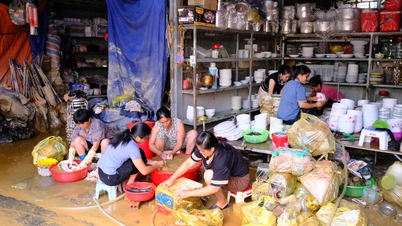

















Comment (0)